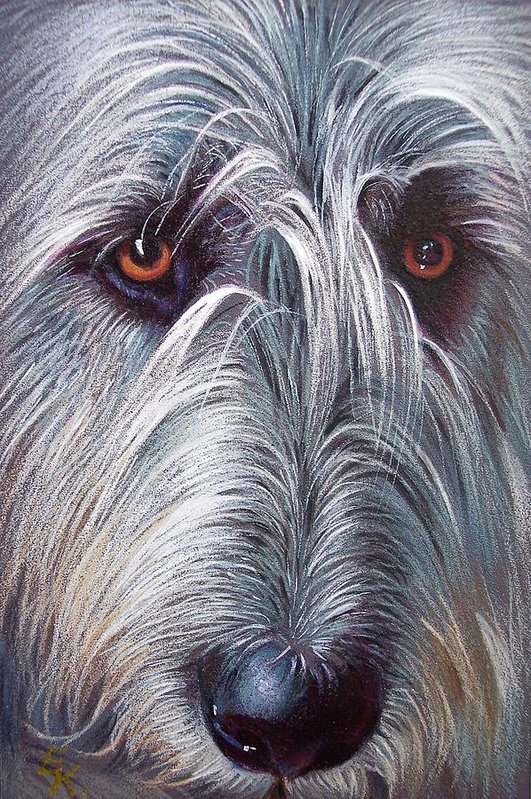
It’s doubtful that being the daughter of a knighted British subject helped Florence very much. She was going to be who she was going to be, and if that turned out to be someone incandescent with life, her parents would have to grin and bear it.
Not far into puberty, she was expelled from school for visiting Worcester Cathedral without permission. At fifteen, she was one of the first females in England to get her driver’s license (a forecast of her coming days as a suffragette). Florence married against her parents’ wishes, who no doubt they had an “I told you so” moment when, after two kids, the husband ran off with a kennel maid.
Her name was Florence Nagle, and because of her, women would be legally allowed to train race horses, ride as jockeys, manage betting-shops, and be racecourse stewards. We may find it unbelievable now, but her twenty year battle to allow women to train horses went all the way to the Court of Appeal – and she won. “I am a feminist and believe that things should be decided on ability and not sex,” Nagle said of her victory, a landmark decision for women in racing.
Horses, however, were not Florence’s only love. She had a Pomeranian and Bulldog as a child, but yearned for a larger dog which was promised to her once her schooling was complete. In 1913, she realized her dream with the purchase of her first Irish Wolfhound, “Manin Michael.” Food shortages during WWI put a strain on dog breeding, but Florence ignored it and bred her first litter. In her life, Florence would own or breed forty-five Wolfhounds who would earn Challenge Certificates (some of them at Crufts), and with her as handler, one of them won the competitive hound group at Crufts. Two of her dogs won the breed at the Irish Wolfhound Club of America speciality shows in 1960 and 1963. Florence also became a breeder/judge.
Florence got her first Irish Setter, it’s said, simply to keep an Irish Wolfhound puppy company, but as in so many aspects of her life, she earned success in that breed, as well. One of her Setters, FTCh. Sulhamstead Baffle d’Or, sired ten puppies who would go on to win field trials; four became FT champions. Nagle believed dogs should be able to do the work for which the breed was developed, and thus was an advocate of coursing and field trials.
Horses and dogs. What was left? Boars! Florence’s “Pamber Ugly Duckling” was champion at the Royal Show in 1921. You’ve got to love a woman who likes pigs.
Florence died in 2009 at the age of 99 after what sounded like a life fully lived. Below, you can see a short clip of Florence following her legal victory for women trainers:
If you found Florence’s story interesting, you’ll want to read more about her here.
Image of an Irish Wolfhound by Elena Kolotusha is available in print and a greeting card here.

In the 70s I was showing and field trialing Irish Setters..in Madres,Ore.. My husband and I belonged to the Multnomah Irish Setter Club of Oregon. After a few years of trialing my Irish Setter Bitch…who won several gun dog
All pointing breed stakes at Northwest trials, I was asked to be one of the first women Field trial judges in Oregon.
Very cool! Got any photos you can share from “back in the day?”